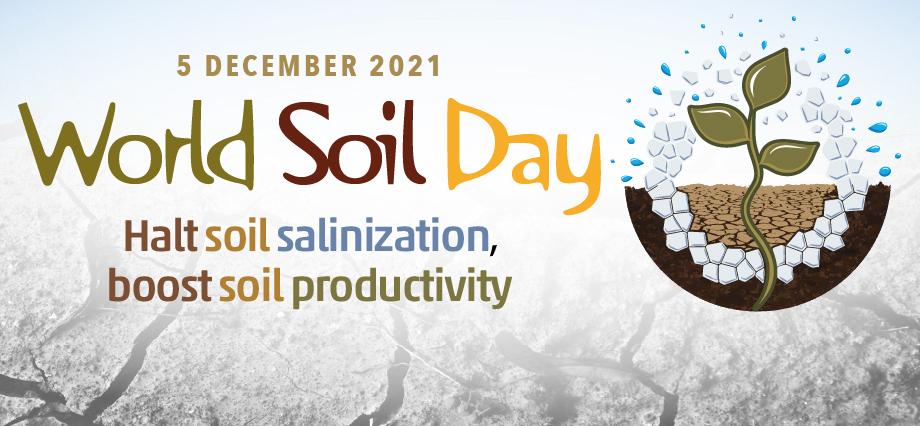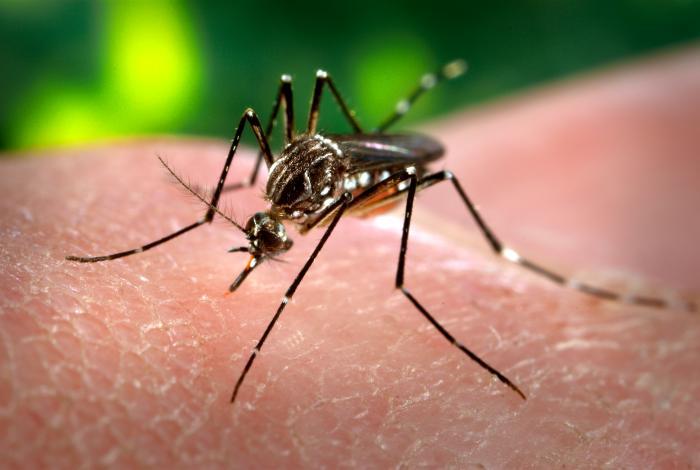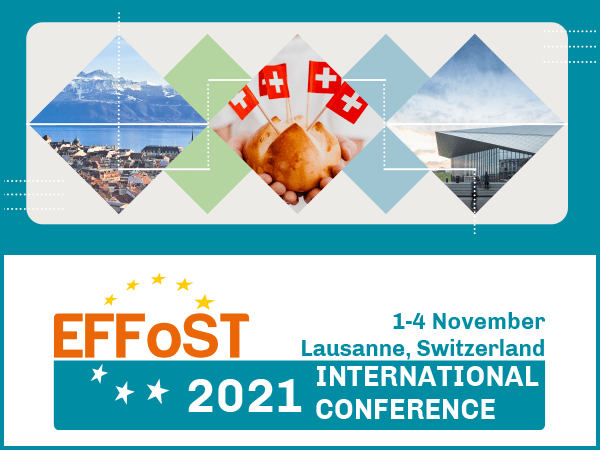Vitamin D in food supplements

When it comes to food supplements fortified with vitamin D, it is very important to pay attention to the correct dosage and to follow the instructions for taking them. For infants and young children, only preparations manufactured under pharmacy conditions should be used.
Coumarin in food supplements
The French authority has made a risk assessment for food supplements containing coumarin.
New way to protect plants against pathogenic bacteria
A new strain of Bacillus subtilis has been developed to enhance the defence of plants against pathogenic bacteria. These activities are promising areas of rhizomicrobiome research as they may have unexpected influences on complex interspecies interactions, about which little is known at present.
Effect of TBHQ (E319) food additive on the immune system
TBHQ, which is a preservative used in many processed food, has been found to harm the immune system both in both animal tests and in in vitro toxicology testing. This finding is of particular concern during the coronavirus pandemic.
Staphylococcus saprophyticus responsible for urinary tract infections has been identified as a foodborne pathogen
The meat industry may be a possible major source of S. saprophyticus, which causes human urinary tract infections (UTIs).
We celebrate World Soil Day on 5th December

The initiative, supported by the Food and Agriculture Organization of the United Nations (FAO), aims to raise awareness of the importance of healthy soil and to advocate for the sustainable management of soil resources.
26th meeting of EFSA Emerging Risk Exchange Network (EREN)
The 26th meeting of EREN was held online on 21-22th of October. Three colleagues of Digital Food Institute participated on the meeting, dr. Ákos Józwiak as Hungarian member, Dr. Zsuzsa Farkas as Hungarian substitute member of the Network and Elisa Palmas as an observer.
Mosquito vector control with new technologies

Malaria, dengue fever, Zika fever, chikungunya fever - all are zoonotic diseases dangerous to humans which are transmitted by mosquitoes. The scientific community is investing considerable effort to contain them. As they become increasingly resistant to pesticides, new technologies are being developed.
35th EFFoST International Conference

This year, EFFoST International Conference was held in Lausanne, Switzerland between 1-4 of November. Two colleagues of our Institute, dr. Ákos Jóźwiak and Dr. Zsuzsa Farkas have taken part at the event.
New research project launched with the participation of DFI
In October 2021, the project "Development of anti-bacterial resistance product in veterinary medicine, development of a supporting repository platform" was launched.
